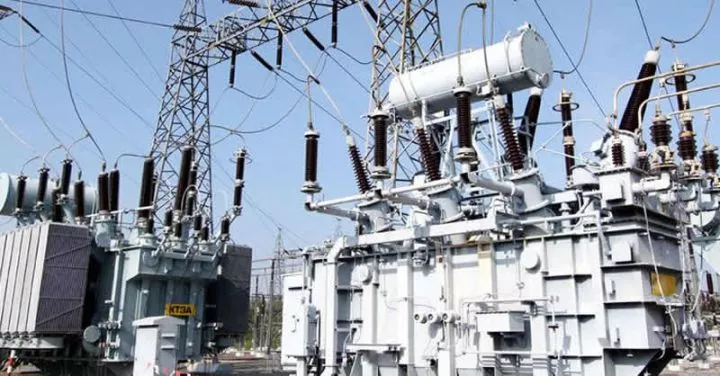
The National Bureau of Statistics (NBS) has revealed that 58 percent of households in Nigeria are connected to the national grid.
This finding was shared in the bureau's "Nigeria Residential Energy Demand Side Survey (NREDSS) 2024," unveiled in Abuja. The survey was conducted in nine states-Akwa Ibom, Bauchi, Ekiti, Oyo, Enugu, Kwara, Plateau, Kano, and Sokoto-representing the six geo-political zones of the country. A total of 8,100 households from both urban and rural areas were interviewed for the survey.
The NBS reported that 86.6 percent of households connected to the grid had access to electricity. Of those, 85.2 percent used the estimated billing system, while 14.8 percent were on a pre-paid billing system. The average monthly expenditure on electricity was estimated at N4,155.8.
Nigeria's national grid has collapsed eight times in 2024, with the first collapse recorded on February 4. Subsequent failures occurred on March 28, April 15, July 6, August 5, and three times in October-on the 14th, 15th, and 19th. Adebayo Adelabu, minister of power, explained that frequent grid collapses are linked to outdated infrastructure, noting that more investment in power infrastructure is necessary to prevent future incidents. The Nigeria Electricity Regulatory Commission (NERC) is scheduled to hold a public hearing on October 24 regarding the grid failures. Additionally, the federal government has established a forensic investigative committee to address the issue.
The survey also highlighted that 67.8 percent of Nigerian households rely on fuelwood as a source of energy for domestic and other purposes, with 41 percent purchasing the wood and 39 percent collecting it themselves. One in five households (22 percent) uses charcoal, while 19.4 percent use liquefied petroleum gas (LPG), with an average monthly expenditure of N10,239.7 on LPG.
The NBS advised the government to promote tree replanting and the use of clean energy such as LPG, wind, and solar, to reduce environmental issues like air and water pollution, climate change, and waste disposal. The bureau also recommended encouraging the establishment of more LPG stations and promoting local production of gas cylinders to reduce costs and optimise electricity generation by decentralising the national grid through mini-grids.

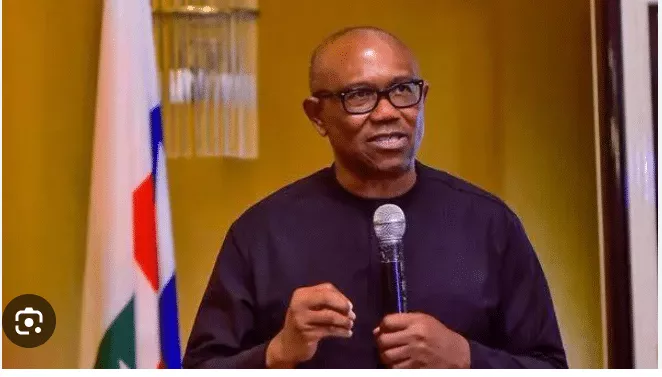

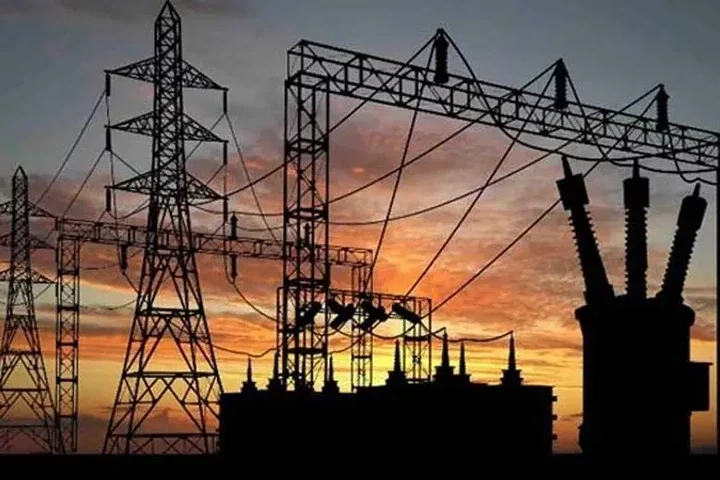

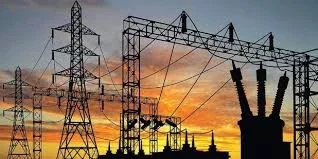
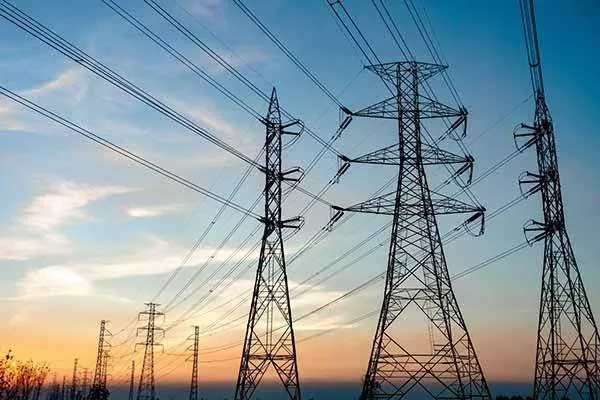

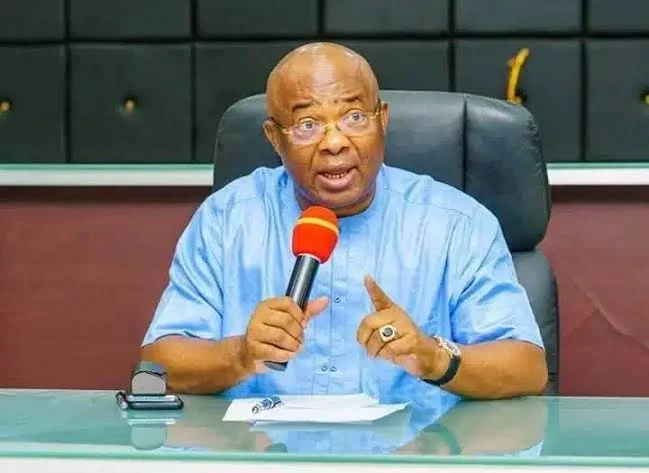







Comments